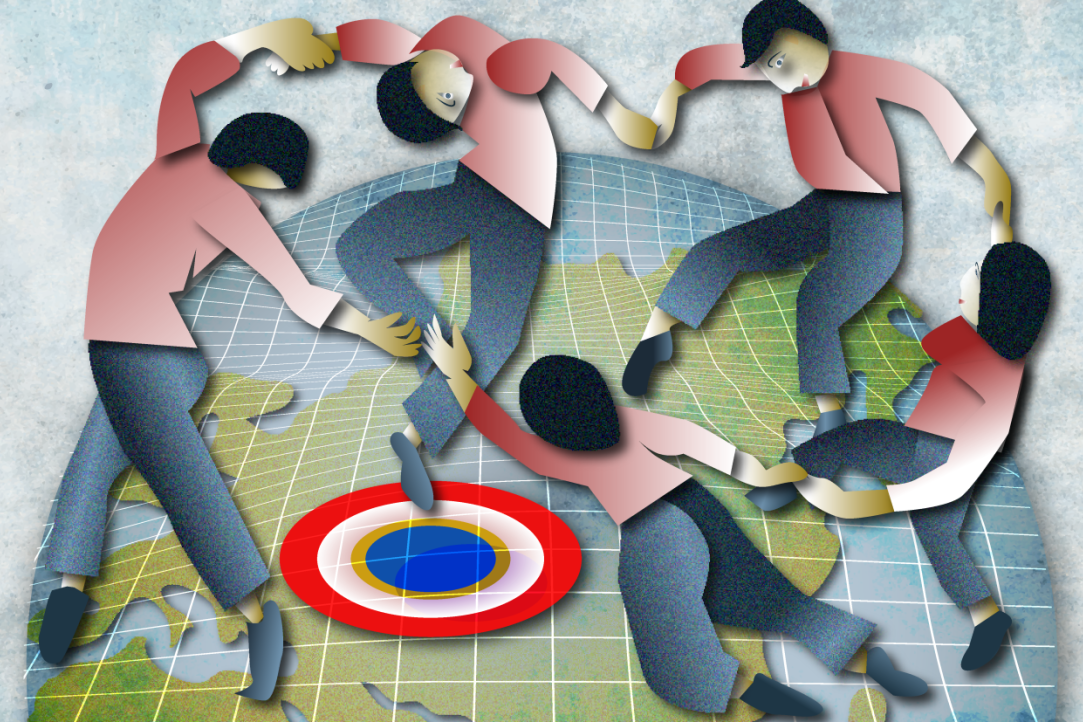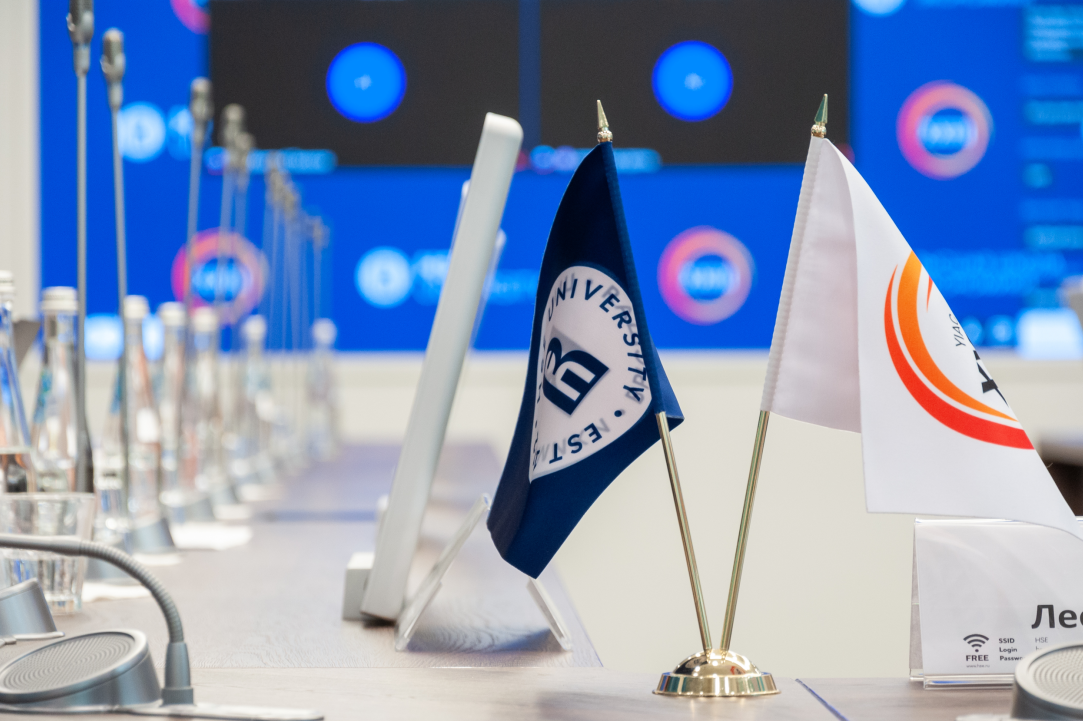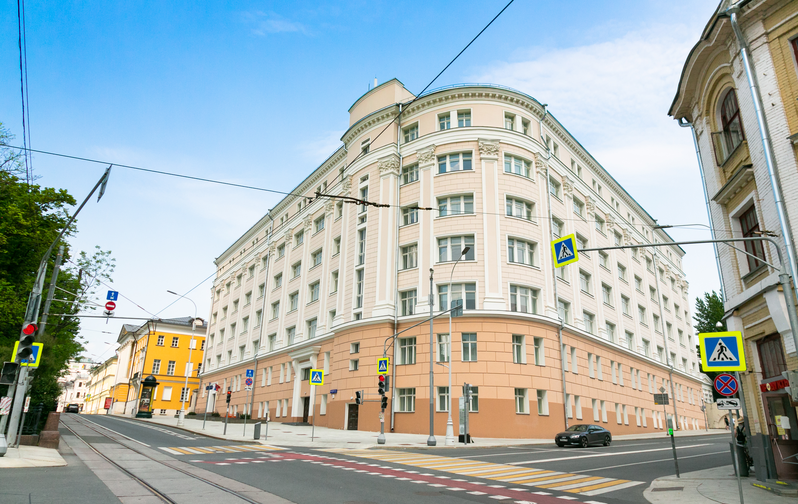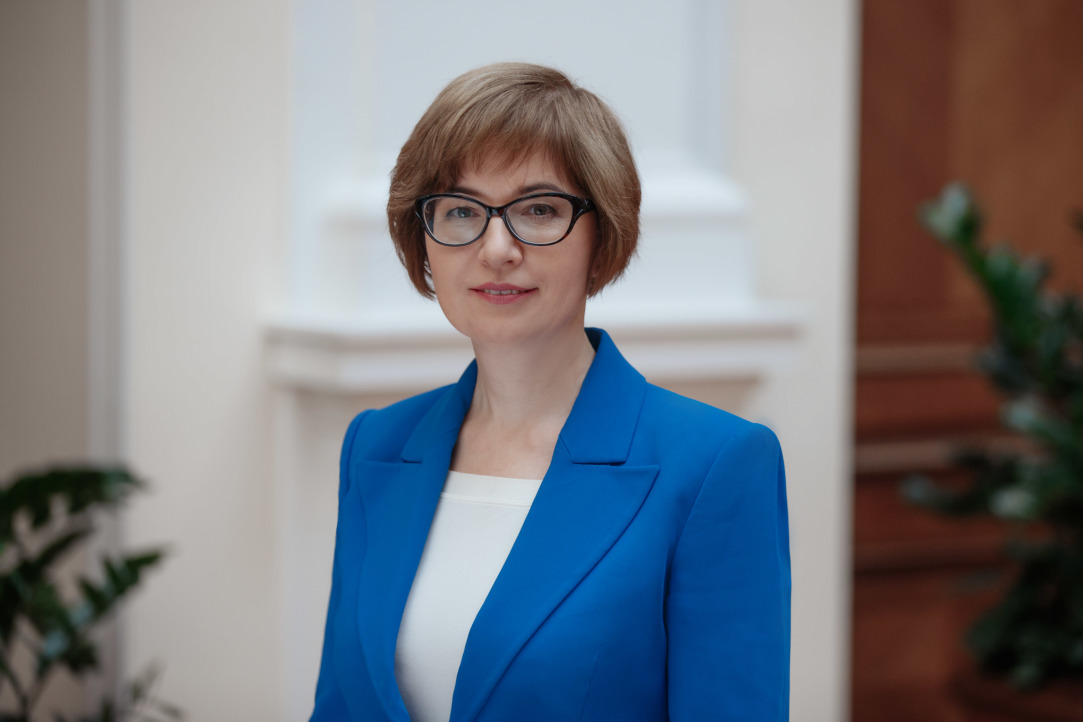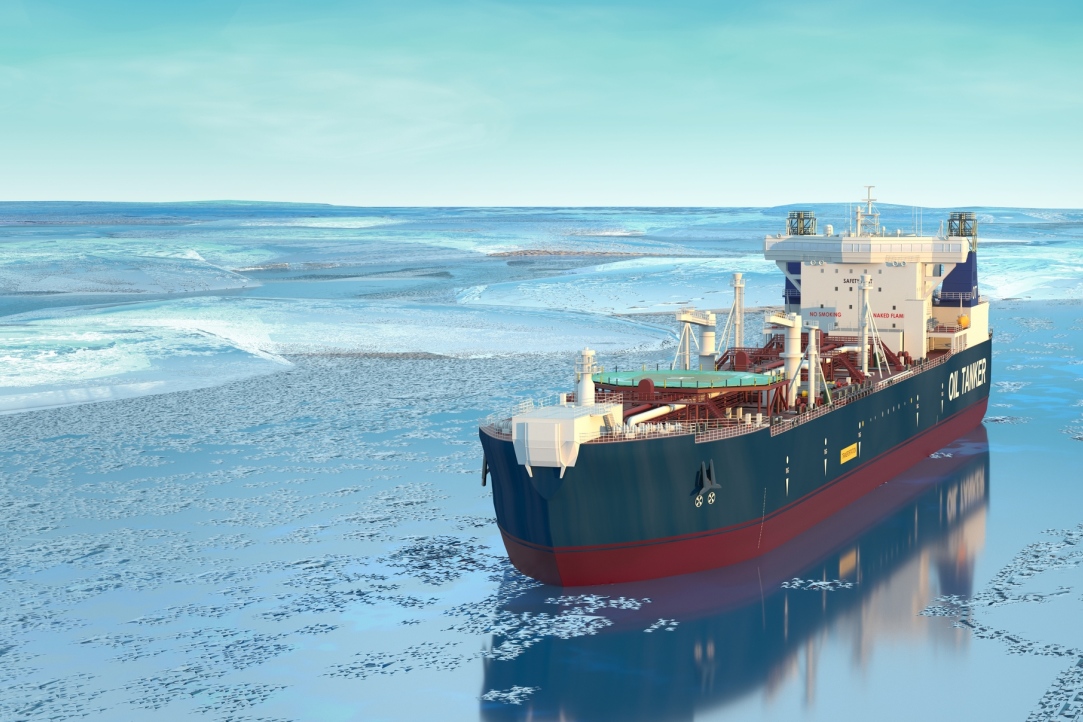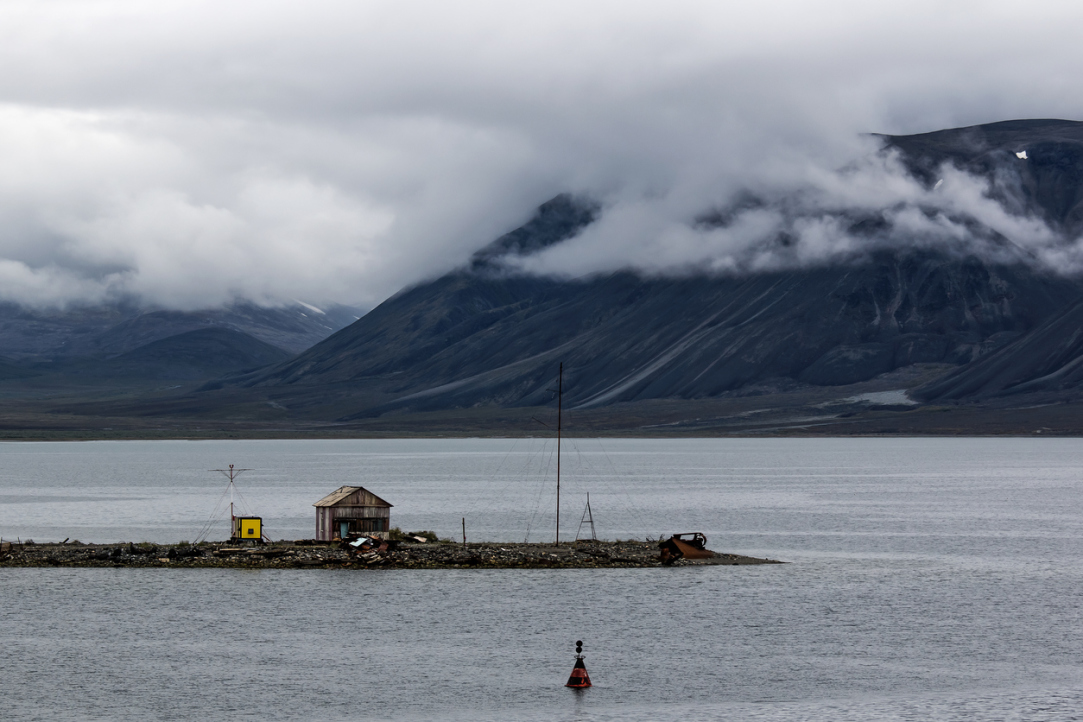As part of the XXIII Yasin (April) International Academic Conference, HSE University held a meeting between HSE scholars and Anton Kotyakov, Minister of Labour and Social Protection of the Russian Federation. The title of the meeting was ‘The Future of Social Security: Trends and Forecasts.’ The experts and the Minister discussed the experience and lessons learned from population support initiatives during the pandemic, social protection efforts to reduce poverty and inequality, measures to counter sanctions, and the situation in the labour market.
